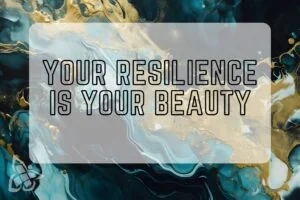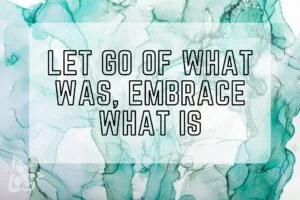Denial is a feature of any addictive illness, is much misunderstood and yet a commonly used term. Denial is essentially an unconscious defence mechanism that protects us from a reality that’s too painful to acknowledge. If an addicted person fully conceded to their loved ones the extent of the problem they’d be expected to begin to take responsibility for it.
This can be a terrifying prospect for an addicted or alcoholic person. Denial can have conscious elements to it as well – perhaps lying and/or destroying any evidence of the addiction.
The unconscious elements can include simply not believing they have a problem; an addicted person’s ability to convince themselves and potentially others that there is no problem, that they are not addicted or that their addictive behaviour is not having too much of a negative impact on their lives.
The range of mental acrobatics that addicted people go through to rationalise and justify their continued addiction and to minimise the consequences thereof, can be quite staggering. It is key that you seek professional advice in determining the most appropriate treatment for the addicted person.
People with substance abuse or alcohol problems, when confronted with the existence of those disorders and the resulting negative consequences on themselves and those around them, often deny that they have a substance abuse problem or have lost control of it.
Possibly the greatest misunderstanding about addiction and it’s effective treatment is the myth that the patient has to willingly enter treatment and feel good about being there for rehab to be effective!
The reality is that most patients enter treatment under some form of external pressure from family, friends and loved ones, even employers and the judicial system and this external pressure has been proven to actually enhance treatment outcomes.
So the key is not that your loved one fails to realise their problem, that’s entirely normal, what’s critical is that they get some effective rehab as soon as possible.
It’s important to find ways to position the substance dependent person so that they can begin to increase their insight and awareness into the reality of their condition. Please contact WeDoRecover for professional advice or help to arrange an intervention for your loved one.

Struggling with any drug addiction can be a horrible way to live. Addicts find themselves…

Addictions Counsellors Here’s Part One and Part Three of this series. Within the first 24…

The difference between an Alcohol Detoxification and effective Alcoholism Rehabilitation. The family of an alcoholic patient in…